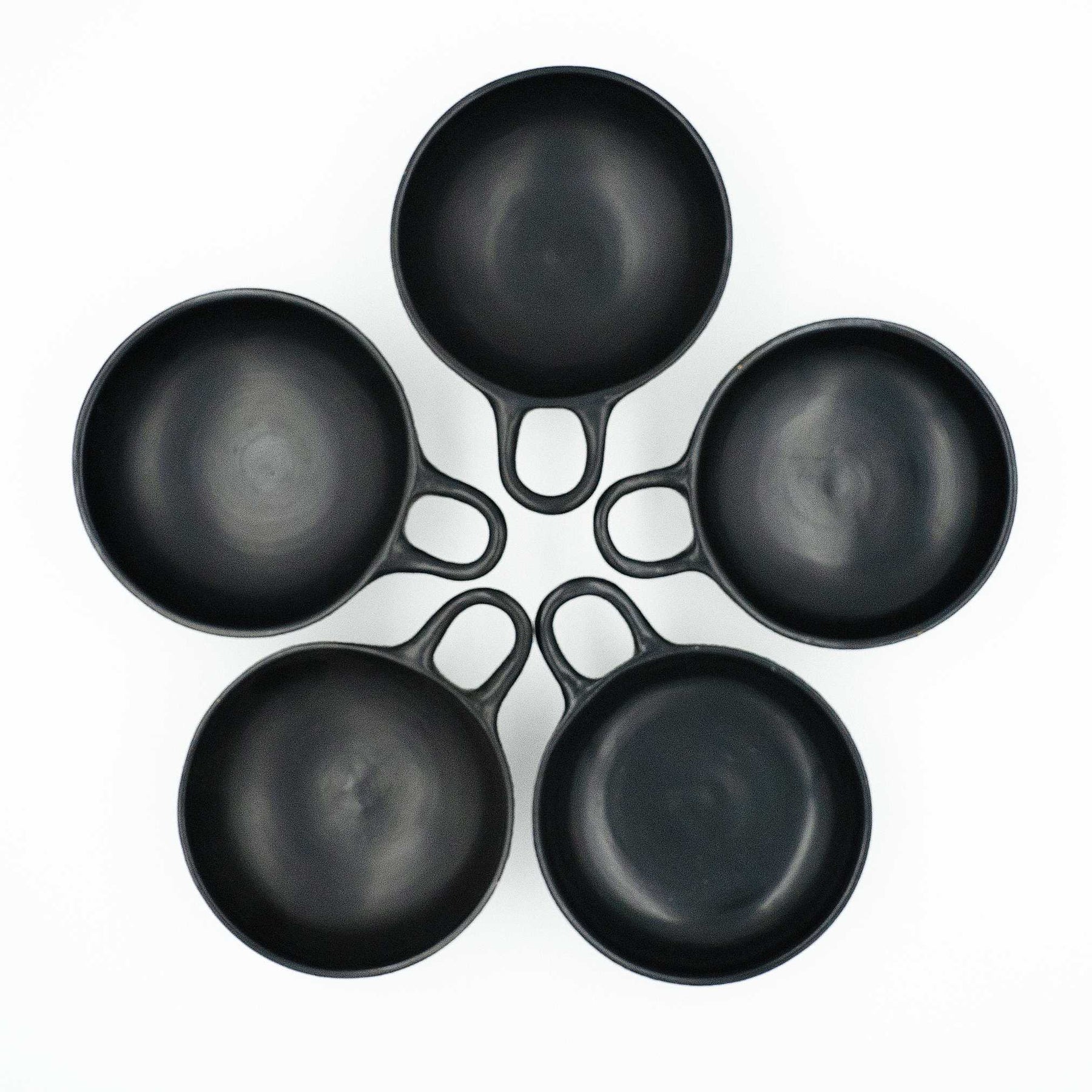
Diet of the Ancient Greeks based on Ancient Greek Writers
🥩 According to #Aristophanes, soldiers likewise ate simple meals, sometimes comprising only cheese and onions. The Spartans, noted among ancient writers for their austerity, prepared a black broth of blood and boiled pig’s leg, seasoned with vinegar, which they combined with servings of barley, fruit, raw greens, wine and, at larger dinners, sausages or roasted meat.
#Homer’s poems reveal that close ties already existed between food, religion, and mannerly, ritualistic social conduct as early as the Late Bronze Age and the early centuries of the Iron Age. So valued and universal were the bronze or iron spits used at feasts for roasting meat over the fire that, by at least the 8th c. BC, they had become a form of currency and were often bestowed as dedicatory offerings in religious sanctuaries such as #Olympia and #Delphi.
#atticblack #thetisauthentic #skyphos #ancientgreekpottery #ancientgreektableware #ancientgreekdiet #greekfood #greekdiet #greekcuisine #greekgastronomy #ancientgreekfood #ancientgreekdiet #ancientgreekcuisine #ancientgreekgastronomy #handmadepottery #handmadeceramis #potteryworkshop #athenspottery #ceramicsworkshop #handmadetableware #buynow #eshop #linkinbio #onlineshop #potteryshop


Leave a comment